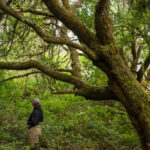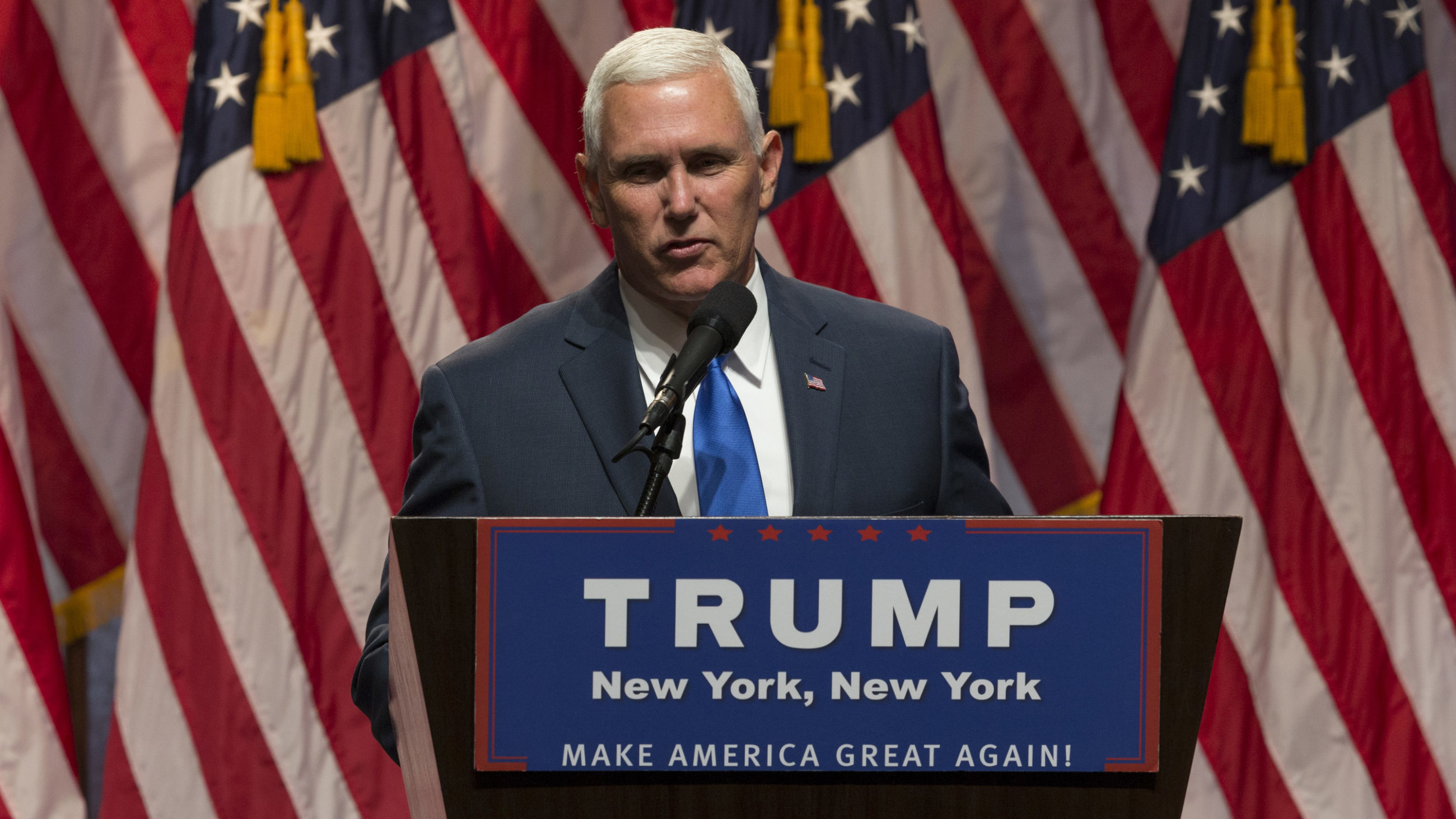Abstracts: Mike Pence, Zika in Utah, the Dangers of CRISPR, and More
• Indiana governor Mike Pence has been picked as Donald Trump’s GOP running mate, and that might give some health officials pause. Pence is anti-needle-exchange programs, despite evidence that they work and has publicly declared that smoking does not kill, despite evidence that it does. (FiveThirtyEight)

• An elderly Utah resident who died after contracting Zika in a foreign country appears to have spread the virus to another person, despite the fact that there was no sexual interaction between the two and the main mosquitoes known to carry Zika are not found in Utah. Officials are still unsure as to how the virus was passed, but it could have big implications for what populations are at risk of infection. (Washington Post)
• With all of the excitement around CRISPR gene-editing, some researchers may be ignoring growing evidence that the tool can affect areas of the genome other than those that it targets. (STAT)
• New Montana science education standards have caused some controversy by editing language that implies humans are the main drivers of climate change. (Missoulian)
• The Zika virus might be a big threat to public health, but not as big of a threat as a Congress that wont act in the face of public health crises. (The Atlantic)
• The company SpaceX has successfully launched a rocket carrying equipment for the International Space Station, including a new docking port and genetic research equipment. (Associated Press)
• The federal government is looking to buy 12,500 acres to expand the Great Sand Dunes National Park in Colorado. (Denver Post)
• And finally, what is the current state of the climate change debate in the U.S., and is it changing as cities like Miami begin to feel the effects of rising seas? (Aljazeera)










